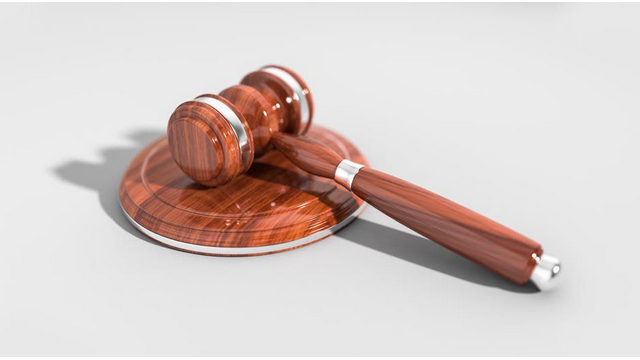
By Keith Du Plessis, Public Speaker.
It was played out on an international, continental, regional and nationwide backdrop and ended with an almost predictable outcome that has left yet more questions being asked of our political leaders.
Just as predictable is the dodging of responsibility by one government department after the other and the stock in trade promise that no stone will be left unturned in an investigation that will get to the bottom of who was responsible for a flagrant disregard of a High Court decision that should be binding on the authorities of this nation.
The appearance and subsequent mysterious departure of Sudanese President Omar al-Bashir, even as the courts were sitting on the matter of his arrest under an international arrest warrant, to which South Africa is a signatory, opens a range of ethical problems which are outside the scope of this article.
In the ensuing debate, there are a number of issues which are seemingly overlooked by those who have taken a supportive stance, regarding our government’s reluctance to comply with the ICC’s arrest warrant.
Failure to enact this warrant:
- Sends the message that life is cheap in Africa. It is estimated that over 300 000 people have lost their lives in Sudan’s civil war, under al-Bashir’s presidency. The ICC’s warrant is meant to hold him accountable for the sale of this loss of life.
- Conveys a belief that there is one form of justice appropriate for Africa and another for the rest of the world. Much of the defense of government’s actions in regard to the al-Bashir visit, centers around the fact that the ICC’s role has run its course, that it needs to be revised and that it can no longer be taken seriously. Various statements have been made along the lines of the ICC being biased against Africa and Eastern Europe, as the majority of its arrest warrants for heads of state, involve these two regions. None of these commentaries have tried to supply an answer why that might be, or ask whether these nations support long-term dictator regimes that deem themselves to be untouchable. Rather, it is the expected rhetoric of a one sided developed world thinking and acting as a world policeman and we are the hard done by continent.
- Produces the incredulity that has become normative in this country, whenever the government is expected to act in accordance with its own constitutional undertakings. Picture the embarrassing scene as the State’s advocate tried to explain to the sitting judge, who was hearing argument in favour of government arresting the Sudanese president. How, despite there being a court order to all exit port personnel in the country not to allow him to depart, his presidential plane had just taken off from one of the nation’s air force bases.
There was audible laughter from the public gallery and press ranks when this announcement was made. Sadly, this was not a shocked laughter, but one that is par for the course for the public of this country, recognising yet another creative move on the part of our authorities, in getting rid of a problem through the back door, no matter what the consequences are that ensue.
Sadly, this saga once again calls into question whether we have a government that knows what ethical leadership really means. To have put the nation in the international limelight for all the wrong reasons again, is lamentable. Surely, if South Africa is a signatory to the Rome Statute, it must act in accordance with the terms, conditions and expectations of that Statute. Why then, was a promise of immunity from arrest made to a known target of that Statute, knowing full well that such a move would bring about a conflict of ethics in this country?
It is not that the government was taken by surprise at the Sudanese president’s visit; it was negotiated ahead of time. One can deduce from this that government has taken a stance that is totally dismissive of its concerned citizenry and is arrogantly determined to do what it deems best for the country, no matter what price its reputation suffers. It is de facto contemptuous of its very own legal system and is prepared to go to any lengths to endear itself to those it regards as its best friends forever.
One wonders when the multitude of voices from ordinary South Africans, calling for ethical leadership to become normative in this nation, will be heeded.
